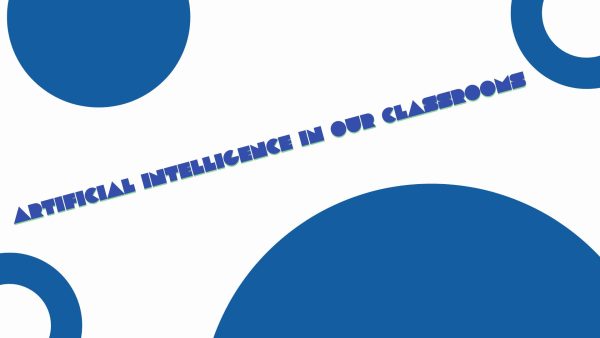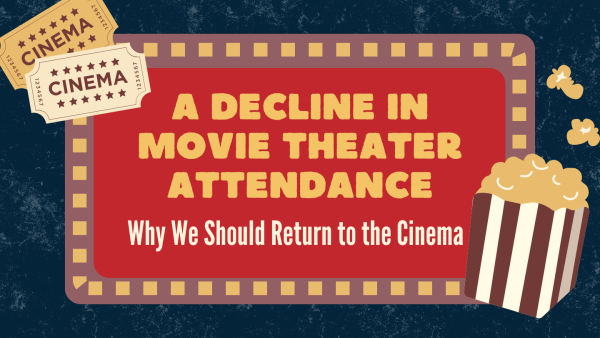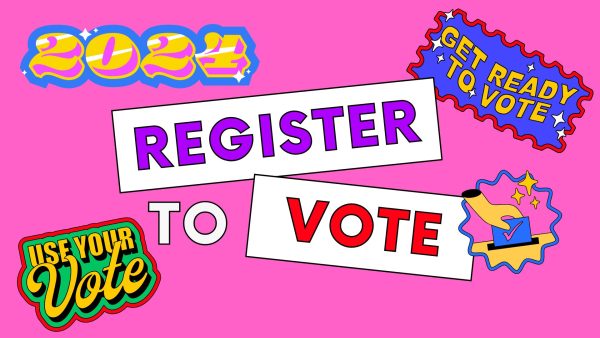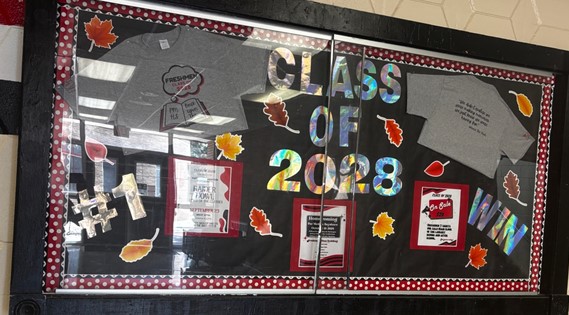Canned Laughter Conspiracy
(This article was written in front of a live studio audience consisting of me, myself, and I)

Photo by Creative Commons
The Big Bang Theory is just one of many popular sitcoms that still uses a laugh track.
What makes you laugh? What really tickles you and gets you howling like a manic coyote? Well, for most of America, it seems to be situational comedies, or sitcoms for short. Sitcoms such as I Love Lucy and The Honeymooners standardized most of the tropes (significant or recurrent themes) used today, catalyzing the growth of one of the most curious genres in television. I call the genre curious because in my own experience, I’ve seen more negative reactions to sitcoms than positive. Though, this may be a case of a vocal minority, since, if sitcoms really were hated so much, they wouldn’t generally get high ratings or rebound from lows.
To remove the notion that I may be biased against them, let it be known that I don’t hate sitcoms. One of my favorite shows, The Office, is a sitcom. Additionally this article isn’t going to be discussing every single type of sitcom, since there’s plenty of sub-categories within the genre. No, what I’m here to discuss is a very specific trope/tactic used in certain sitcoms: the infamous laugh track, a device used by many shows to get you into the episode’s plot and humor.
The laugh track first saw usage as television productions became more complex and moved away from being filmed in front of live audiences. And, because producers and executives held (and probably still do) the belief that the viewers wouldn’t be able to grasp a joke, they needed to come up with some way to get the viewers to know when something was funny. Thus, canned laughter was born. Canned laughter is an artificial audience that reacts to the slightest punch-line or gag as though it were the greatest thing to ever be acted out. It’s a neat strategy, seeing as how laughter is contagious. However, it’s not just that laughter is contagious, this method is taking advantage of groupthink, or at least, a less severe form of it.
Groupthink, a term coined by social psychologist Irving Janis, occurs when pressures within a group lead to a loss of mental efficiency, reality testing, and moral judgment. The group, in this scenario, is a hypothetical version of yourself and the artificial audience, or canned laughter. Whether or not you find a joke funny is up to you, but the laughter coming from the program may pressure you into laughing. It’s the reversed version of the scenario wherein you show someone something that you find entertaining or funny, but they only raise an eyebrow to it, making you feel uncomfortable and like something of a fool. Here, you’re the fool for not laughing.
Alternatively, it could be argued that it’s not groupthink that makes you laugh, but the power of suggestion. The power of suggestion is attributed to response expectancies, which are anticipated responses to a situation that influence how we actually respond to said situation. Expecting something to happen only causes your internal thoughts and behaviors to aid in making sure that thing actually happens. So, for example, if you’re expecting there to be a joke in one scene, the show has already conditioned you to laugh at jokes, and you expect the next joke to be mildly funny, you will likely laugh at the joke then as opposed to if you had just seen it with no context. Basically, expecting there to be laughter will make you laugh. It sounds redundant, but it makes sense, trust me.
On another note, whether you agree or disagree with one or both theories, there is one thing that cannot be denied: that the laugh track and studio audiences have brought about some interesting gems in the past few years. For instance, watching a show that is supposed to have a laugh track without the laugh track has become a niche piece of ironic comedy. Just take a look at this masterpiece, and have a good night. Or day. Or morning. Or afternoon. Just have a good one.

Gr. 12
"It's good as an artist to always remember to see things in a new, weird way." -Tim Burton





